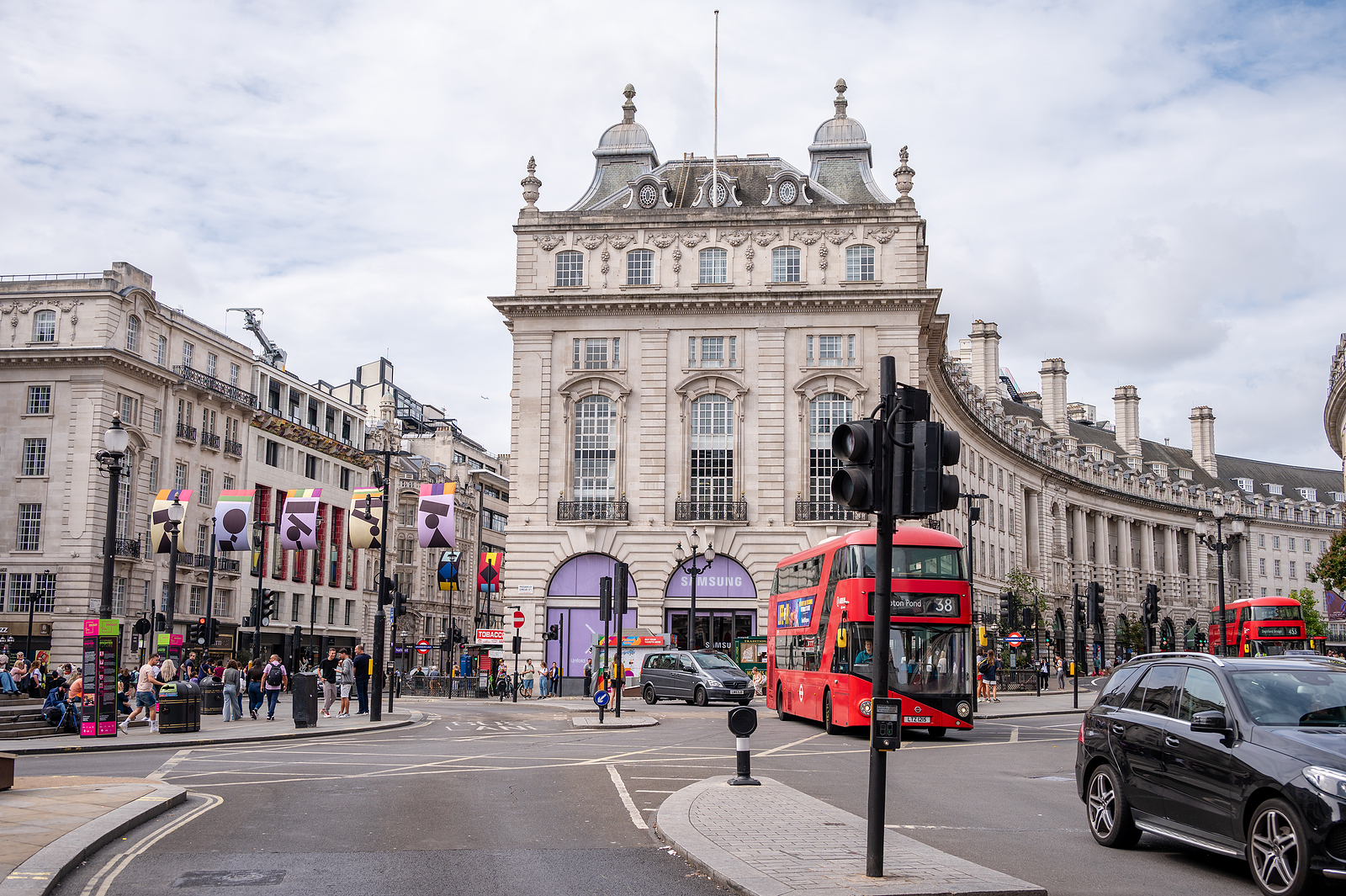A new inquiry by Transport for All and charity Sustrans has found that poor regulation and maintenance of UK streets are restricting the ability of disabled people to navigate them safely. This limits their access to services and socialising opportunities within their local communities.
Common problems include cars parked on pavements, which force wheelchair or mobility scooter users to make dangerous diversions into the road, and badly placed street furniture that make many pavements impassable.
The report calls for a ban on pavement parking, and better funding for the improvement and maintenance of footpaths and pavements. It also recommends more joined up planning decisions so that services and amenities are closer to the people who need to use them.
Xavier Brice, Sustrans CEO, said: “Our report clearly demonstrates that understanding the barriers disabled people experience getting around their neighbourhoods is imperative in creating an equitable society. Putting disabled people at the centre of discussions about how we plan and create spaces where we can all move around easily and safely is vital.”
He added: “The UK government must listen and take action to create places planned around people, not cars. In 2020, the Department for Transport consulted on pavement parking. Three years later, nothing has changed. Everyone is equally entitled to rely on safe and inclusive pavements and now is the time to act.”
The report also highlights the fact that disabled people rely more on public transport to get around than abled bodied people, but safe walking or wheelchair routes were not always linked to bus stations or train stations. It called for more inclusivity and consultation with the disabled community at every stage of the planning process.
Caroline Stickland, CEO of Transport for All, said: “Transport for All’s role was to ensure that disabled peoples’ voices were at the heart of this ground-breaking inquiry. From codesigning the study, to facilitating pan-impairment workshops, to generating recommendations, disabled people were involved at every stage.”
She added: “Not only does this give the government a uniquely clear and actionable picture of what we as disabled people need to make walking and wheeling more accessible, but it also provides a blueprint for how our community must be engaged with every mode of transport going forward.”
Sustrans held workshops and other forms of public engagement events when compiling its report, in order to hear the first hand experiences of people with limited mobility when navigating the streets and transport system.
Dennis, a workshop participant from Greater Manchester, said: “Although getting on buses, trams and trains in Manchester has become easier, one significant problem is how you get to them from your house and pavement parking is a massive issue. In some cases, vehicles can take up the majority of the pavement.”
The report calls for more consideration for the journeys of disabled people by urban planners and transport companies.
If you are interested in finding out more information about mobility showers call us on 01491 411041 or visit our website.
16 March,2023









